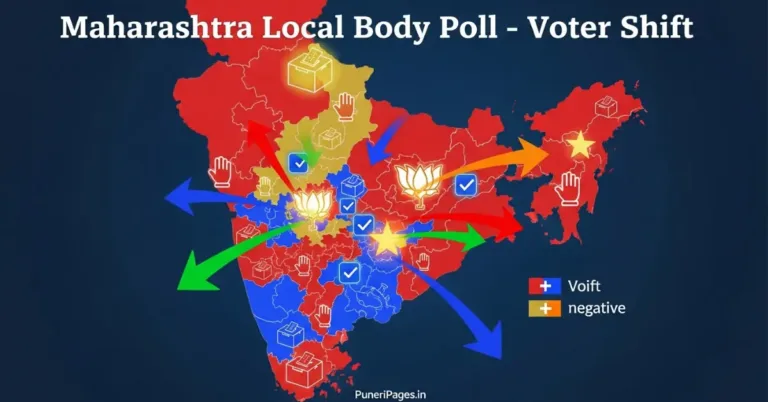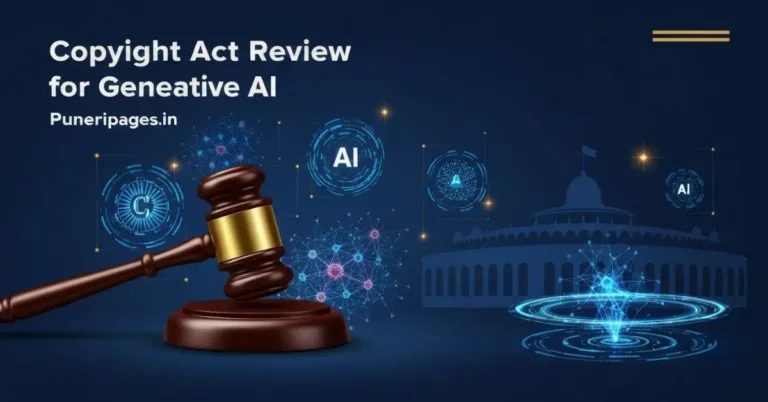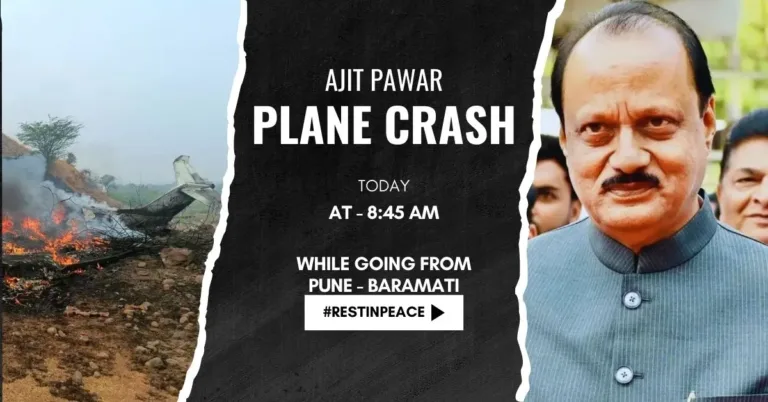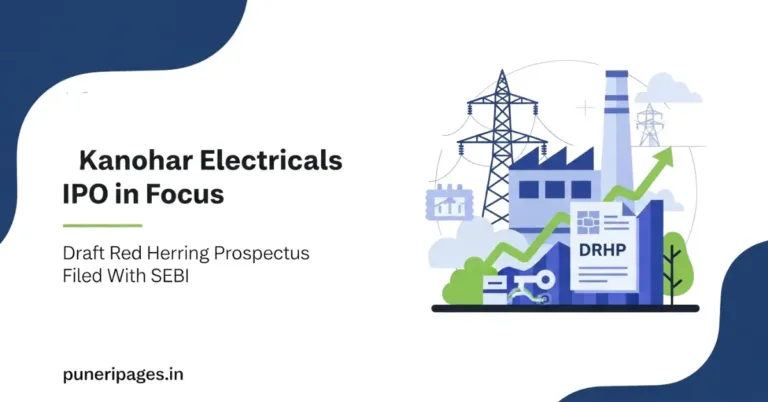
Sharad Pawar outlines MVA’s roadmap for forming an alliance in upcoming civic elections across major cities in Maharashtra.
Table of Contents
As Maharashtra gears up for crucial civic elections, the political climate is rapidly heating up. Senior Nationalist Congress Party (NCP) leader Sharad Pawar has confirmed that leaders of the Maha Vikas Aghadi (MVA) coalition will soon convene to strategize and potentially formalize an alliance for the upcoming local body elections. These elections, expected to be held later this year, are poised to redefine the power dynamics in urban areas like Pune, Mumbai, Nashik, and Thane. With the Bharatiya Janata Party (BJP) currently dominating several civic bodies, a united MVA could emerge as a strong contender to challenge their influence.
🗳️ MVA Coordination Meeting in the Works
Addressing a press gathering in Pune, Sharad Pawar revealed that while a formal MVA meeting to discuss the civic polls has not yet taken place, discussions among the coalition partners are well underway. “We will meet soon to finalize seat-sharing arrangements and alliance strategies,” he stated, adding that efforts are being made to bring together all three major constituents — Congress, NCP (Sharad Pawar faction), and Shiv Sena (Uddhav Balasaheb Thackeray faction).
The MVA alliance was originally formed in 2019 to provide a secular alternative to the BJP-led government in Maharashtra. Since then, it has seen both collaboration and turbulence. However, Pawar’s statement highlights a renewed commitment to unity ahead of the civic elections. With local governance responsibilities and voter trust on the line, the MVA leaders aim to replicate their earlier success by presenting a cohesive front.
Political analysts suggest that the meeting could take place within the next few weeks, and it may include discussions on joint campaigns, shared manifestos, and common candidates in politically sensitive wards.
🏙️ What’s at Stake in Civic Elections?
Municipal corporations and councils across Maharashtra are responsible for delivering essential services such as water supply, waste management, road infrastructure, housing development, and public health. Elections for these bodies determine not just local governance priorities but also serve as a litmus test for public sentiment toward larger political narratives.
For cities like Pune, which has witnessed rapid urbanization and population growth, civic elections are especially significant. The Pune Municipal Corporation (PMC) governs a budget of thousands of crores and oversees everything from smart city implementation to slum redevelopment. The outcome of the PMC election could directly impact the city’s developmental trajectory.
In the 2017 civic polls, the BJP had made sweeping gains in urban bodies including PMC and Nagpur Municipal Corporation. The upcoming elections offer the MVA a chance to regain lost ground by highlighting its developmental agenda, administrative experience, and collective strength.
🏛️ Previous Collaboration and Current Challenges
The MVA alliance has previously demonstrated strength in rural elections like zilla parishads and gram panchayats. However, internal challenges have persisted. Seat-sharing disagreements, communication gaps, and factional rivalries have tested the alliance’s cohesion. The recent splits in both the NCP and Shiv Sena have added another layer of complexity to these negotiations.
Despite this, Pawar’s assertion suggests that active efforts are underway to navigate these hurdles. The focus is on maximizing voter outreach and preventing vote fragmentation, particularly in competitive urban constituencies. Insiders say that negotiations are also taking into account past performances, ground-level support, and regional demographics to arrive at mutually agreeable seat-sharing formulas.
Meanwhile, party workers and volunteers have begun preparations on the ground. Ward-level coordination meetings, data collection, and issue-based public dialogues are being organized in anticipation of a green signal from top leadership. This grassroots mobilization is expected to complement the strategic discussions at the top.
🔍 Key Takeaways
- Sharad Pawar has confirmed that an MVA alliance meeting for civic polls will be held soon.
- The alliance aims to bring together NCP (SP), Congress, and Shiv Sena (UBT) to form a united opposition.
- The civic elections will impact local governance in cities like Pune, Mumbai, and Nashik.
- The BJP, which currently holds major urban bodies, is expected to face stiff competition.
- MVA is working to finalize seat-sharing, manifestos, and coordinated campaign strategies.
- Grassroots mobilization has already begun in many wards.
FAQs
Q: What is the MVA?
A: The Maha Vikas Aghadi (MVA) is a political coalition in Maharashtra formed in 2019. It comprises the Congress, Nationalist Congress Party (Sharad Pawar faction), and Shiv Sena (Uddhav Thackeray faction).
Q: When are the civic polls scheduled?
A: The official dates for the civic polls have not been announced, but electoral preparations and political mobilizations suggest they will likely be held later in 2025.
Q: Which cities are impacted by these elections?
A: Key cities include Pune, Mumbai, Thane, Nashik, Nagpur, Aurangabad, and Kolhapur, among others.
Q: Is BJP contesting independently?
A: Yes, the BJP is expected to contest civic elections independently and is seen as the primary competitor in most urban areas.
Q: Why is this alliance significant?
A: A unified MVA alliance could consolidate opposition votes, avoid vote-splitting, and improve their chances of winning against the BJP’s established urban strongholds.
Q: Will there be joint campaign events by MVA parties?
A: As per early discussions, joint campaigns, public rallies, and common manifestos are likely to be part of the MVA’s strategy for the civic polls.






